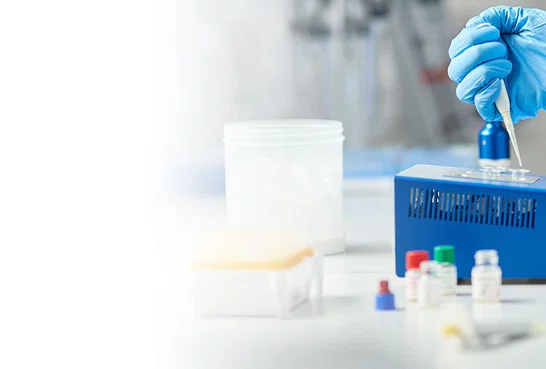
Blood clotting is one of the most dangerous complications of the coronavirus and has received widespread coverage in the press. What has perhaps received less attention, is the risk of people developing blood clots during the ongoing lockdown restrictions.
We are living through a period where people are working from home, going out less, exercising less and living an increasingly sedentary lifestyle. This toxic cocktail of lifestyle change creates the conditions for increased blood clotting issues.
Renowned venous expert Professor Mark Whiteley has expressed concerns that there might be a drastic rise in deep vein thrombosis (DVT) cases, due to people sitting for prolonged periods of time during lockdown and not leaving their homes.(1) DVT occurs when a blood clots form in one of the body’s deep veins, normally in the lower leg or thigh.(2) If left untreated, this can result in permanent scarring of the vein, painful leg ulcers and, in worst cases, lead to a potentially fatal pulmonary embolism (PE) .(2). Professor Whiteley has emphasised the importance of ongoing scanning, monitoring and check-ups to reduce the associated risk. (1).
There is recent scientific research to back up these concerns. The academic journal Rev Esp Cardiol shows that during the period when coronavirus hospital admissions were falling, there was a sustained increased PE in non-coronavirus patients (3). This suggested a potential link between the lockdown restrictions and increased blood clotting issues.
Most of the patients surveyed had a fairly active lifestyle, followed by a sedentary lifestyle during quarantine with prolonged periods of immobility (3). However, patients with highest pre-existing risk factors, such as similar problems in their medical history and inactive lifestyle prior to lockdown were identified as being at greatest risk of PE (3). The research found that immobility causes a 6-fold increase in the risk of PE in at risk patients with previous incidents (3). This starkly illustrates the potential risks of developing potentially fatal blood clotting issues in the form of PE because of the lockdown measures.
As the virus continues to spread, there is a danger that the NHS’s focus on combating the COVID-19 crisis leads to a shift in focus away from other related services like haemostasis testing. It is imperative that regular haemostasis monitoring and testing continues to take place during the restrictions. This is important for COVID-19 patients who are at greater risk of developing blood clots as part of the virus, and those in at-risk categories during lockdown.
A key component of the NHS adapting to the coronavirus crisis is not merely making provisions for the increased influx of patients, but future-proofing their service against related problems. We know that there is a link between COVID-19, the lockdown restrictions and blood clotting issues, and failing to act now could store up future problems. Haemostasis departments and anti-coagulation monitoring have an integral role to play in seeing the NHS through the present crisis. As specialists in haemostasis testing, we’re here to help the NHS in any way we can during and beyond the current crisis.
References